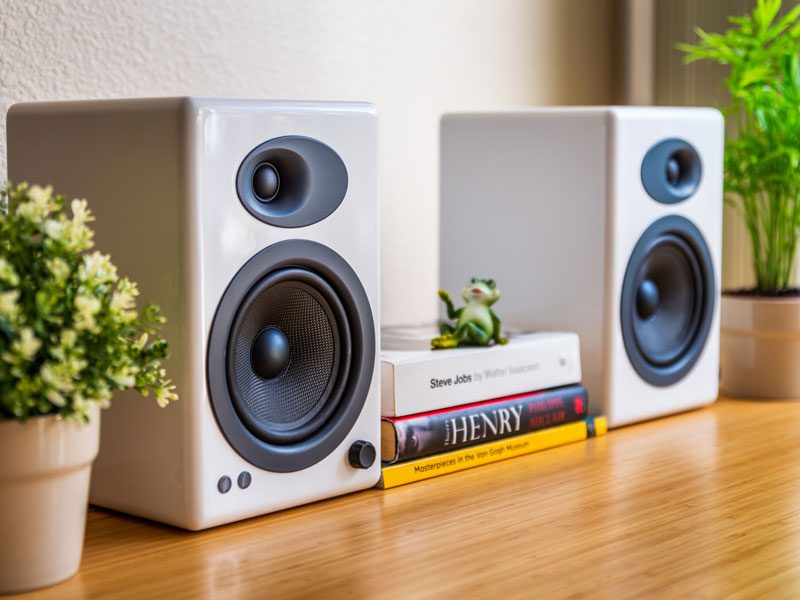Music plays an important role in the development of memories. Songs that are important to us can bring back emotions and memories every time you listen to them. Music has the power to help us recall these evocative memories, even for those long-affected by dementia. This article will explore some of the effects that music has on the brain, and how it can affect those living with dementia.
Procedural Memory and the Brain
Many tasks are ingrained in our muscle memory, because of how the brain interacts with these functions. Even those with dementia can often ride a stationary bike or throw a ball based on muscle memory. Music can interact with the brain in a similar capacity. These functions are known as Procedural Memory.
When it comes to music, procedural memory can show in a variety of ways. This can be simply responding positively to songs we like, or negatively to songs we don’t. Certain songs might elicit foot tapping or even dancing. Additionally, songs that we truly connect with can create a more powerful emotional response based on memories that may be almost impossible for a dementia patient to recall otherwise.
Music and the Brain’s Response
Modern neuroimaging shows us how the brain responds to music. When listening to a familiar song, the medial prefrontal cortex can become more active. This is generally one of the last places for dementia to affect the brain. The piece of music can act as a soundtrack to memories or feelings. Because of these connections in the brain, even those living with dementia can still experience these synaptic responses to certain music pieces.
Mood Music and Dementia Care
Even with unfamiliar musical pieces, there can be an emotional response in those living with dementia. Music can affect mood, help keep your loved one calm, or energize them. Consider creating a playlist of soothing music that can help them relax.
Creating Playlists for Your Loved One
Music from different stages of their life can affect them differently. If you are unsure of what songs might have emotional attachments, consider playing music from different decades of their lives. They may respond positively to some of them. Be sure to save those to a new playlist, so you can access them later.
Album Collection
Most people have albums that they have collected throughout the years. Whether they are on records, CDs, or cassettes; their own collection of music is generally a good source of music they enjoy.
Your Memories with Your Loved One
When trying to create a playlist of familiar songs, think back to your own memories with them. Was there a song that they always used to sing? Did they have any favorite songs when you were growing up? Even a soundtrack from one of their favorite musicals can be good to try.
Songs from the Old Country
If your loved one is an immigrant or a first-generation American, they may have memories associated with classic songs from their country. Consider researching more famous songs from their country of origin. These may help them connect with their childhood memories. Songs in their native tongue can be important in helping them recall memories about their parents, grandparents, or other loved ones.
Formative Years and Music Choice
Most people get a more refined concept of their musical tastes in their late teens and early 20’s. You might be able to find a wide range of songs from that period that they respond positively to. Consider starting with popular singles from that time.
Safe Harbor Healthcare Services does not provide medical, healthcare, or financial advice via articles. This material has been prepared for informational purposes only, and is not intended to provide, and should not be relied on for medical advice.
Safe Harbor Healthcare Services has been providing excellent home care on Staten Island since 1967. Our services help the elderly and disabled live safely and independently; while giving their families the peace of mind they need. For more information contact us by clicking here, or call (718)-979-6900.

